INESCC believes that strategic, research-driven collaborations are key to driving meaningful change. By fostering interdisciplinary excellence, INESCC integrates collaboration, scientific innovation, and applied research to create a lasting impact on society and promote a more sustainable future. Our efforts are focused on key application areas, including:

Copyright 2024 Instituto de Engenharia de Sistemas e Computadores de Coimbra. All Rights Reserved | Powered by ZIP Design